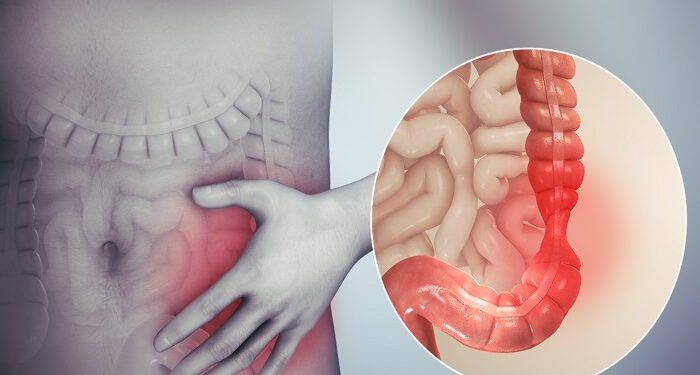Irritable bowel syndrome is a relatively common ailment. Many sufferers are not aware that they have the condition until it reaches crisis point. However, it is important to seek medical attention to learn the full diagnosis and treatment options. To learn more about IBS, read on. You may be able to live a normal life with treatment. While IBS can be painful and debilitating, it is not considered a health risk or a cause of cancer or other serious bowel-related conditions.
If you have IBS, your GP will probably prescribe some simple first-line dietary changes. He or she will probably recommend a dietary change called an ‘exclusion diet’, which consists of avoiding common trigger foods. This diet is also known as a low-FODMAP diet. You can also follow a modified version of the low-FODMAP diet to help you deal with your symptoms.
It is important to note that you need to have these symptoms for at least six months in order to be diagnosed with IBS. For a diagnosis, you must have the symptoms at least twice a week. Your doctor will want to know if you have any other symptoms, such as rectal bleeding, weight loss, or anemia. While occasional pain and constipation aren’t a sign of IBS, they do warrant medical attention.
The symptoms of IBS vary in intensity and frequency. The condition can affect a person differently than another, making it important to work closely with a medical team. Some women may experience a flare-up at certain times of their menstrual cycle. For some, however, their symptoms are constant. However, a woman may experience periods in between bouts of IBS. Therefore, it is essential to establish a strong relationship with your medical team and support team so that you can receive the best treatment for your condition.
There is no known cure for IBS. Medication is a common treatment option for patients suffering from mild or moderate IBS symptoms. This medication is only used to manage the symptoms of the condition. Other treatments include changing your diet or coping techniques. Your doctor may also prescribe antidepressants in low doses to help with the symptoms of IBS. You should always seek medical advice before taking any medication as IBS can be an underlying cause for other diseases.
The symptoms of IBS include a disruption of the normal bowel movement. This process is normally regulated by the intestinal wall muscles, which contract and relax automatically in order to push food, waste, and water through the intestine. If there is a disruption of the communication signals, the bowel is unable to properly process food, resulting in hard and/or scaly stools.
A population-based study investigated whether hormone use was associated with symptoms of IBS. It included 40,000 women between 50 and 69 years with at least one prescription of menopausal hormone treatments (HMT) and 50,000 women without them. Those with current HMT use were more likely to develop IBS than non-users, and their risk increased significantly after adjusting for comorbid conditions, consultation patterns, and route of administration.









